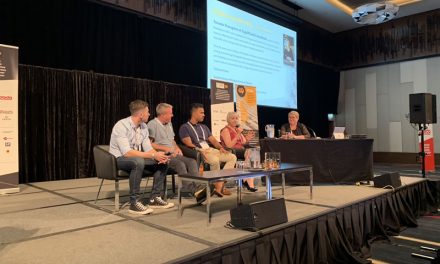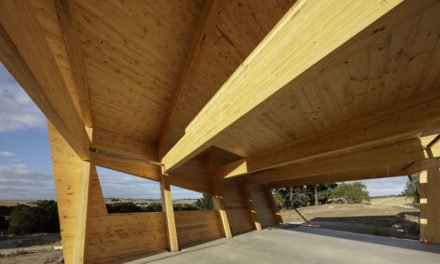The recent summit in Canberra identified some of the major problems facing Australian industry, but solutions still need work.
Neither the great success it was hailed by the Government nor the union gabfest it was dismissed as by the Opposition, the Jobs and Skills Summit held at the start of September brought together a diverse range of voices and has resulted in a start being made on addressing some of the major problems affecting Australian workplaces.
While the limited number of attendees didn’t give everyone a place at the table, there was a reasonable cross-section of stakeholders from multiple layers, including major business groups and employers, unions, academics, community groups and finance as well as several layers of government, both capital and regional. Representing our sector, Simon Butt from Master Builders Australia was one of the delegates, as was Kate West from Arup.
No one walked away perfectly happy, which is usually a fairly good sign when there are competing interests. The general consensus post-event was of a positive start being made to address some of the major issues holding the Australian economy back on the jobs and skills front, and optimism that the needs flagged will be addressed in concrete, ongoing ways. The Albanese Government has committed to producing an Employment White Paper over the next 12 months and has made a call for submissions.
At the end of the summit, 36 initiatives were identified for immediate action. Ones that are particularly pertinent to timber and construction include:
- A $1 billion one-year National Skills Agreement that will provide additional funding for fee-free TAFE in 2023, while a longer term agreement that drives sector reform and supports women’s workforce participation is negotiated.
- Accelerate the delivery of 465,000 additional fee-free TAFE places, with 180,000 to be delivered next year, and with costs shared with the states and territories on a 50:50 basis.
- Increase the permanent Migration Program planning level to 195,000 in 2022-23 to help ease widespread, critical skills shortages.
- Provide $36.1 million in additional funding to accelerate visa processing and resolve the visa backlog.
- Widen the remit of the National Housing Infrastructure Facility, making up to $575 million available to invest in social and affordable housing. The funding can be used to partner with other tiers of government and social housing providers, and to attract private capital including from superannuation funds.
- Establish a tripartite National Construction Industry Forum to constructively address issues such as mental health, safety, training, apprentices, productivity, culture, diversity and gender equity in the industry.
Additionally, updates to the Fair Work Act were flagged to “create a simple, flexible and fair new framework” that:
- Ensures all workers and businesses can negotiate in good faith for agreements that benefit them, including small businesses, women, care and community services sectors, and First Nations people.
- Ensures workers and businesses have flexible options for reaching agreements, including removing unnecessary limitations on access to single and multi employer agreements.
- Removes unnecessary complexity for workers and employers, including making the Better Off Overall Test simple, flexible and fair.
Several of the larger industry groups represented were wary of the increased potential of multi-employer agreements, seeing them as potentially leading to a return to the days of industry-wide industrial action. However, with that caveat, they remained open to the discussion and there was even broad agreement when ACTU secretary Sally McManus said in her address, “Employers and unions agree that bargaining is not simple and that it should be. There are too many hurdles, many for employers and even more for workers. We should aim to remove as many of them as possible.”
The final part of the outcomes document focuses on reducing barriers to employment, including allowing pensioners to work more with no effect on their pension entitlements, requiring larger employers to commit to measurable targets to improve gender equality in their workplaces, improving pay equality, making workplaces friendlier to a more diverse range of people (including those with disabilities and carer needs) and helping to remove other barriers to employment.
Some expected outcomes didn’t eventuate: many had been pushing for a focus on early childhood education and care, and multiple groups had pushed for the promised childcare reforms to be brought forward, which would help many women return to the workforce. Alas, no. Perhaps because, as Treasurer Jim Chalmers has said in reference to the country’s record debt, “We can’t even afford the good ideas that people put to us.”
Coupled with Jobs and Skills Australia, the new statutory body designed to put employment issues higher up in the government pecking order, the Summit outcomes represent a step down the path to securing a stronger future for Australian workers and workplaces.
For more, or to read the full outcomes or watch video of the summit, visit www.treasury.gov.au/employment-whitepaper/jobs-summit












